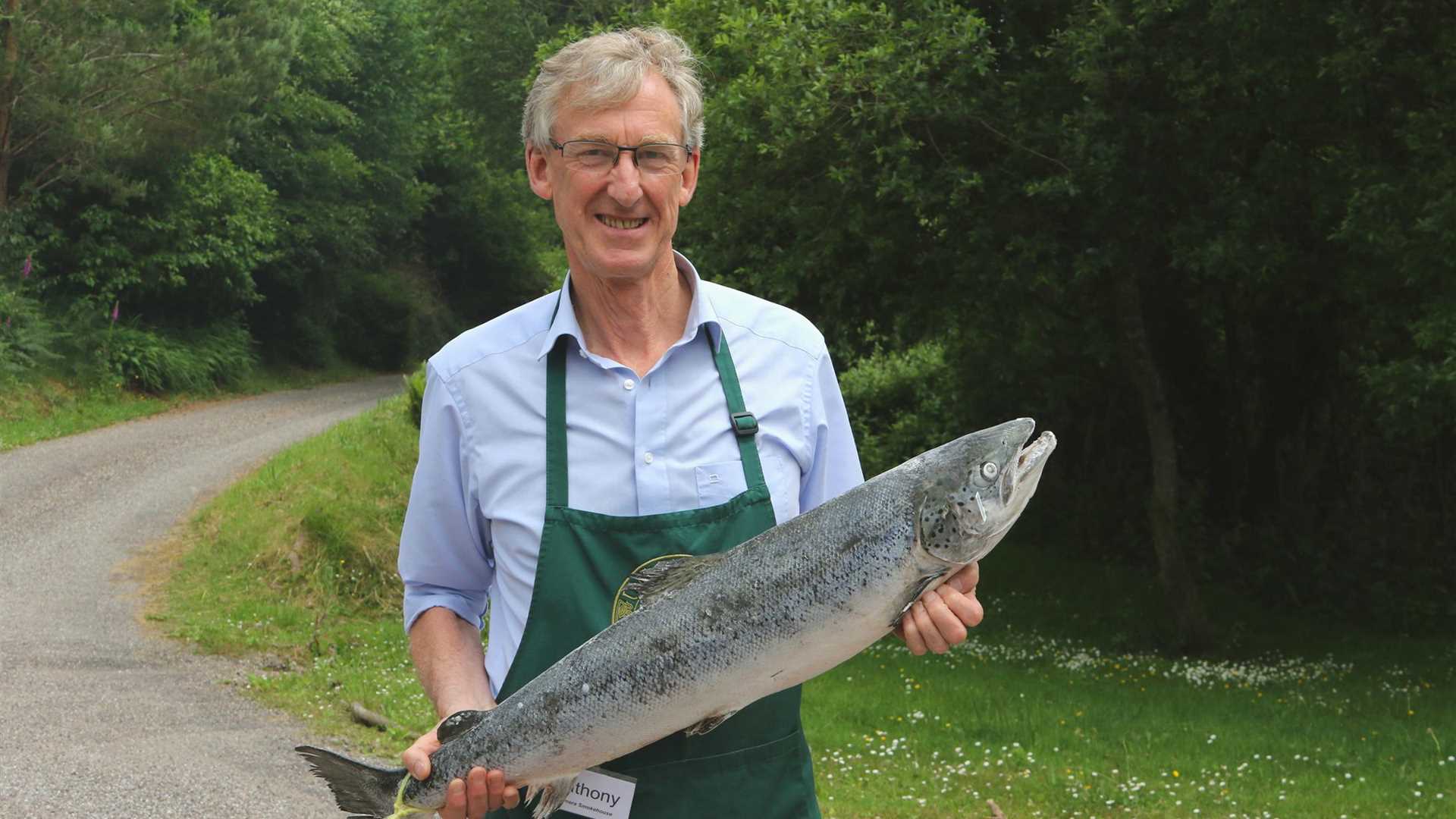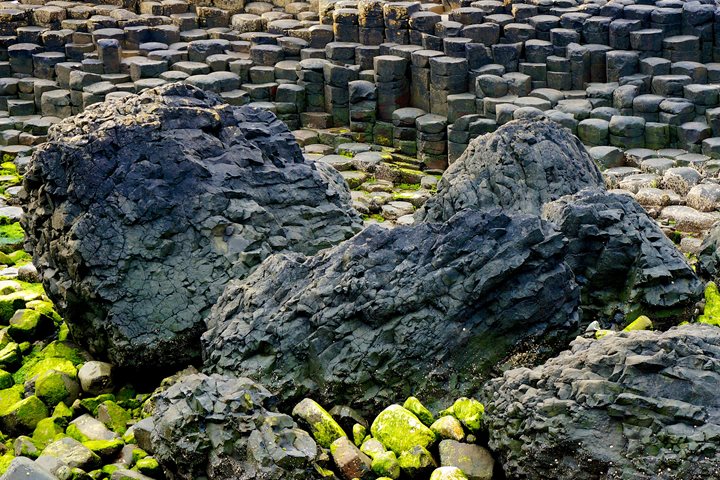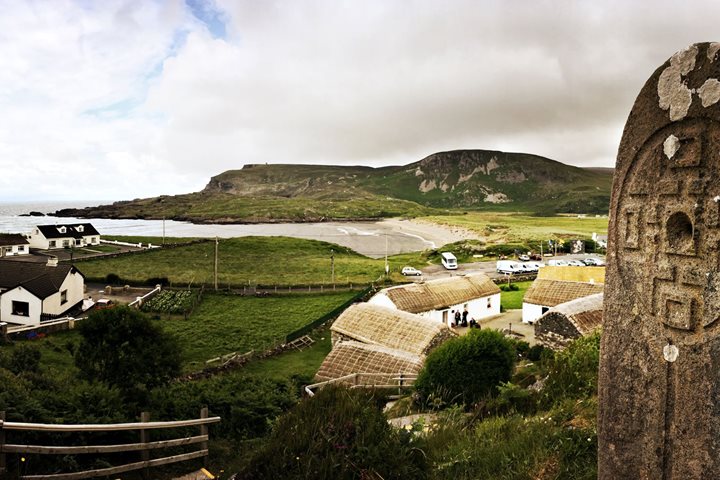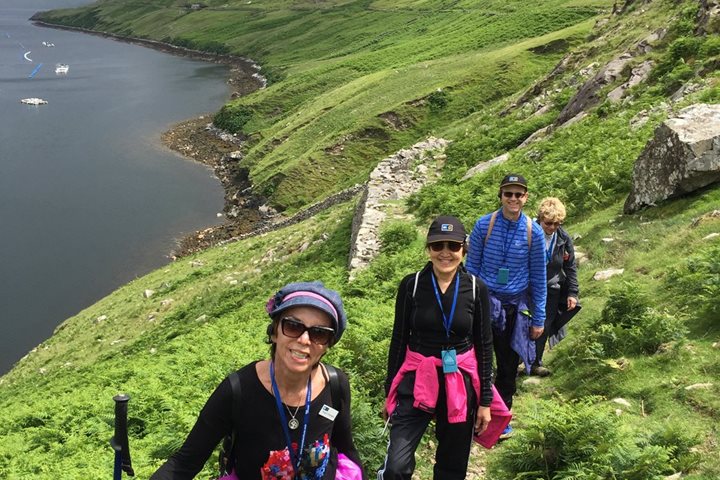Our first port of call today was Cobh, located on the southern shores of Cork Harbour. This is a place with many historical connections. It was from here that the Titanic sailed to her tragic fate in 1912. The Lusitania, a passenger vessel, was torpedoed by a German u-boat just a few miles off shore in 1915, and hundreds of thousands of Irish people emigrated from here in the nineteenth and twentieth centuries. Walking tours around this very picturesque town, accompanied by local guides, had been organized, as had a visit to the Cobh Emigration Heritage Centre. Housed in a renovated Victorian railway station complex, a main focus was the veritable deluge of people who left Ireland during the Great Famine of 1845-49. Torn from their ancestral lands they were seeking a better life in North America. Other exhibits detailed the transportation of felons to overseas colonies in the eighteenth century and the dramatic sinking of both the Titanic and Lusitania.
The visit completed, many of the guests boarded the National Geographic Orion and sailed for the small town of Kinsale, while others stayed ashore to explore some of the culinary and cultural delights of the west Cork countryside. The last fifteen years or so has witnessed the setting up and development of many small scale artisan food businesses. On the afternoon excursion we visited the Ummera Smokehouse which is located in a small verdant valley. Salmon, chicken and beef are smoked here. It is owned by Anthony Creswell who explained the various stages of the smoking process to us before we sampled some of his delicious products. A buffet lunch was provided in the grounds of the smokehouse which consisted of a variety of locally produced cheeses, bread and meats.
On our way to Kinsale we traversed the west Cork countryside which is a patchwork quilt of fields. We visited the ruins of the medieval monastery in Timoleague. Established in the early -thirteenth century by the Franciscans, this religious community developed into one of the most important in the country. Attacked and plundered on a number of occasions over the centuries, it was finally destroyed by fire in 1642 following an uprising by the native Irish against English rule. Now jackdaws nest in its’ walls and the dead rest quietly in its hallowed ground.
The remainder of the afternoon was spent exploring the quaint town of Kinsale, famous as the scene of a pivotally important battle in 1601. With Spanish aid, the chieftains of the northern province of Ulster clashed with English forces. The Irish were routed and this ultimately facilitated the establishment of the so-called Plantation of Ulster in 1609, an event which was to set the seed for future conflict. The Triton Hotel, on the town’s very attractive waterfront, had been chosen as a rendezvous point. Here we were entertained by a local group who showcased the rich and textured traditional music of the area.






